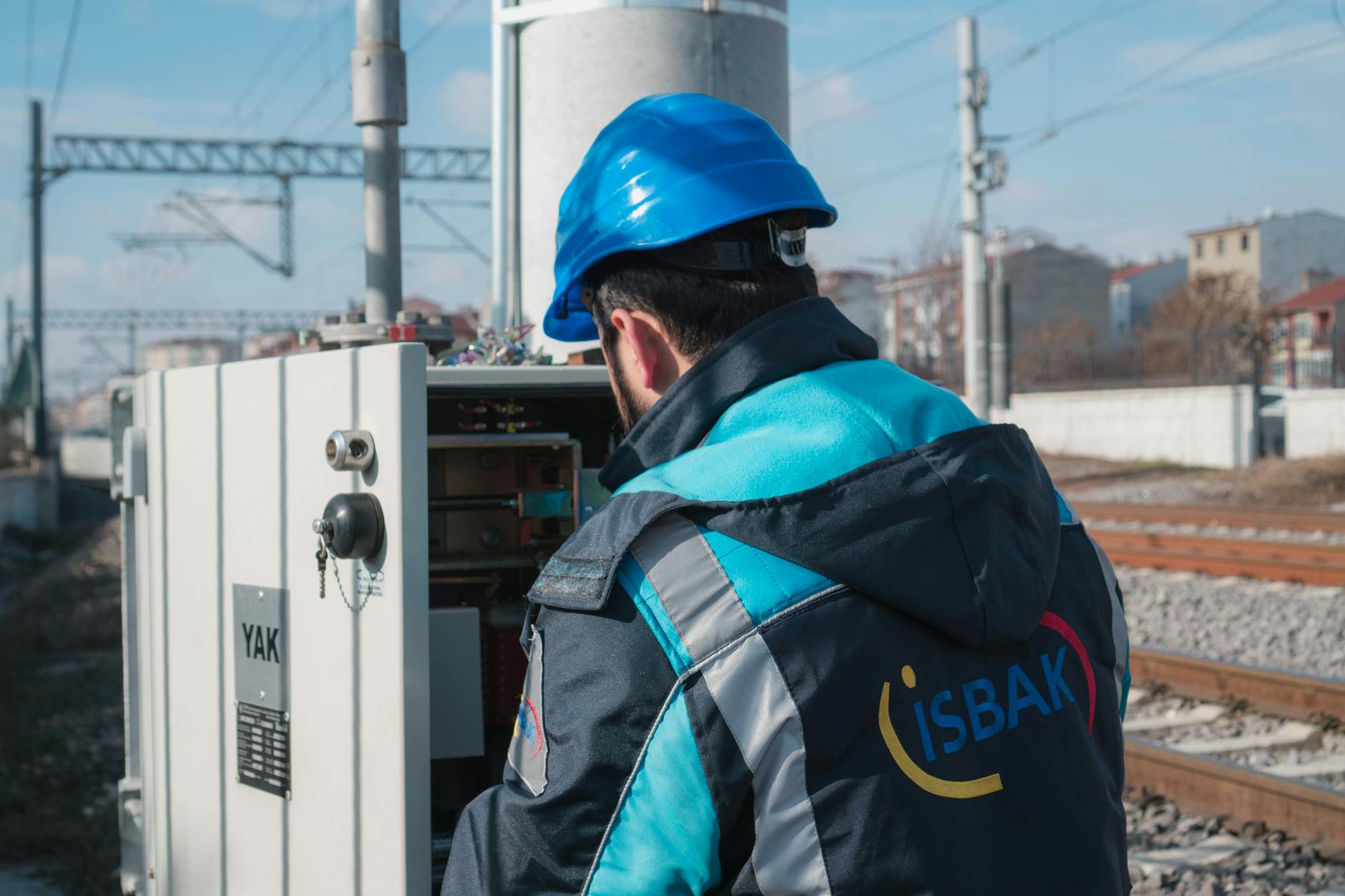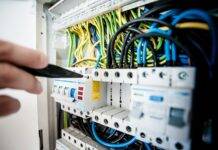
20 Electrical Safety Rules
Introduction to Electrical Safety
Electrical safety is a critical aspect of everyday life, especially in environments where electrical systems and equipment are prevalent. Whether at home or in the workplace, understanding and adhering to electrical safety rules is paramount to preventing accidents and injuries.
Importance of Electrical Safety Rules
Electricity, while indispensable, can also pose significant hazards if not handled properly. Electrical safety rules serve as guidelines to mitigate these risks and ensure the well-being of individuals and the protection of property.
Understanding Electrical Hazards
Electric Shock
Electric shock occurs when the body becomes part of the electrical circuit, leading to potential injury or fatality. Factors such as voltage, current, and duration of exposure determine the severity of the shock.
Arc Flash
An arc flash is a sudden release of electrical energy through the air, resulting in intense heat, light, and pressure waves. It can cause severe burns, blindness, and other injuries to individuals in proximity to the arc.
Electrocution
Electrocution refers to death caused by electric shock. It is a tragic consequence of exposure to high voltage currents and can occur due to negligence or lack of adherence to safety protocols.
20 Essential Electrical Safety Rules
Rule 1: Never Overload Circuits
Overloading circuits can lead to overheating and electrical fires. Distribute electrical loads evenly across circuits and avoid plugging multiple high-wattage appliances into the same outlet.
Rule 2: Regularly Inspect Cords and Cables
Inspect cords and cables for fraying, exposed wires, or other damage. Replace damaged cords immediately to prevent electrical hazards.
Rule 3: Use Ground Fault Circuit Interrupters (GFCIs)
GFCIs detect ground faults and quickly shut off power to prevent electric shock. Install GFCIs in areas where water and electricity may come into contact, such as bathrooms and kitchens.
Rule 4: Keep Electrical Equipment Away from Water
Water and electricity do not mix. Keep electrical equipment, cords, and outlets away from water sources to avoid the risk of electric shock.
Rule 5: Use Tools with Insulated Handles
When working with electrical equipment, use tools with insulated handles to reduce the risk of electric shock. Inspect tools regularly for damage and replace them as needed.
Rule 6: Avoid DIY Electrical Work
Unless properly trained, avoid performing electrical work yourself. Hire qualified professionals to install, repair, or modify electrical systems to ensure safety and compliance with regulations.
Rule 7: Unplug Appliances Before Servicing
Before servicing or cleaning appliances, always unplug them from the electrical outlet. This prevents accidental electrocution and ensures the safety of maintenance personnel.
Rule 8: Be Cautious with Extension Cords
Do not overload extension cords or use them as permanent wiring solutions. Use extension cords rated for the intended load and avoid running them under carpets or across walkways.
Rule 9: Use Electrical Outlets Safely
Do not force plugs into outlets or tamper with outlet covers. Avoid using outlets that are loose or damaged, as they can pose a fire hazard.
Rule 10: Wear Personal Protective Equipment (PPE)
When working with electricity, wear appropriate PPE, such as insulated gloves, safety goggles, and flame-resistant clothing, to minimize the risk of injury.
Rule 11: Follow Lockout/Tagout Procedures
Before servicing or repairing electrical equipment, follow lockout/tagout procedures to de-energize the equipment and prevent accidental startup.
Rule 12: Properly Store Flammable Materials
Store flammable materials away from electrical equipment and outlets to reduce the risk of fire. Follow safety guidelines for the storage and handling of hazardous substances.
Rule 13: Keep Electrical Panels Accessible
Ensure that electrical panels are easily accessible and not obstructed by equipment or storage. In case of an emergency, quick access to electrical shutoffs is essential for safety.
Rule 14: Use Caution with Space Heaters
Use space heaters with built-in safety features and never leave them unattended. Keep flammable materials at least three feet away from heaters to prevent fires.
Rule 15: Turn Off Equipment Before Maintenance
Before performing maintenance or repairs on electrical equipment, always turn off the power and lockout/tagout the equipment to prevent accidental energization.
Rule 16: Practice Safe Ladder Use
When working near electrical lines or equipment, use non-conductive ladders made of wood or fiberglass. Maintain a safe distance from overhead power lines to avoid the risk of electrocution.
Rule 17: Educate Employees on Electrical Safety
Provide training and education on electrical safety practices to employees who work with or near electrical equipment. Ensure that they understand the risks and know how to prevent accidents.
Rule 18: Report Electrical Hazards Immediately
Encourage employees to report any electrical hazards or malfunctions promptly. Addressing issues promptly can prevent accidents and ensure a safe working environment.
Rule 19: Maintain a Clean Work Environment
Keep work areas clean and free of clutter to reduce the risk of tripping hazards and electrical accidents. Proper housekeeping is essential for maintaining a safe workplace.
Rule 20: Have Emergency Procedures in Place
Develop and implement emergency procedures for responding to electrical accidents or incidents. Ensure that employees know how to react in case of an emergency to minimize injuries and damage.
Conclusion
Adhering to electrical safety rules is essential for preventing accidents, injuries, and fatalities in both residential and commercial settings. By understanding and implementing these rules, individuals can create safer environments and protect themselves and others from electrical hazards.
Electrical Grounding: Unraveling the Importance and Essential Techniques
Electrical Cord Management: Safeguarding Against Overloading and Tripping Hazards
Electrical Cord Safety: Inspection and Replacement Guidelines
FAQs on Electrical Safety Rules
- Why are electrical safety rules important? Electrical safety rules are important because they help prevent accidents, injuries, and fatalities caused by electrical hazards.
- What are some common electrical hazards? Common electrical hazards include electric shock, arc flash, and electrocution.
- How can I prevent electrical accidents at home? You can prevent electrical accidents at home by following safety rules such as avoiding overloading circuits, using GFCIs, and keeping electrical equipment away from water.
- What should I do if I encounter a downed power line? If you encounter a downed power line, stay away and call emergency services immediately. Do not touch the power line or anything in contact with it.
- Why is it important to wear personal protective equipment when working with electricity? Wearing personal protective equipment helps minimize the risk of injury from electric shock, arc flash, and other electrical hazards.
























